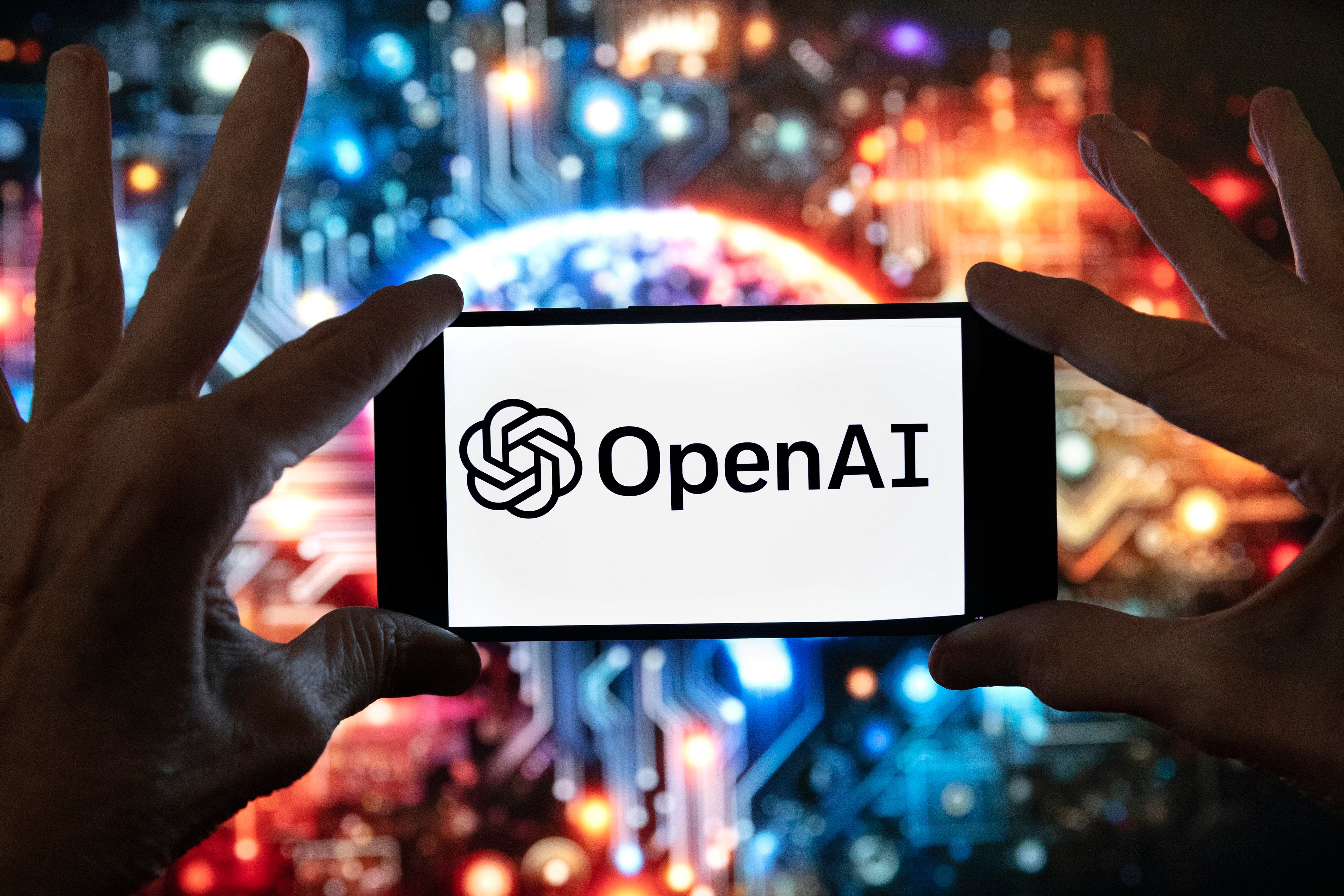OpenAI releases Sora, the video generator that it said was too powerful to unleash – with some restrictions
Most users will be banned from depicting people amid fears the system could be abused

OpenAI has released Sora, the video creation tool that it initially suggested may be too powerful to safely unleash.
But the one specific feature of the system that had generated the most excitement and outrage will not be available to almost all users. Most will be banned from including people in their videos amid fears that technology could be abused.
Even with those restrictions, the release proved so popular that OpenAI had to pause the creation of new accounts to cope with the demand.
Users of the premium version of OpenAI's flagship product ChatGPT can now use Sora to instantly create AI-generated videos based on written commands. Among the highlighted examples are high-quality video clips of sumo-wrestling bears and a cat sipping coffee.
But only a small set of invited testers can use Sora to make videos of humans as OpenAI works to “address concerns around misappropriation of likeness and deepfakes,” the company said in a blog post.
Text-to-video AI tools like Sora have been pitched as a way to save costs in making new entertainment and marketing videos but have also raised concerns about the ease with which they could impersonate real people in politics and otherwise.
OpenAI says it is blocking content with nudity and that a top priority is preventing the most harmful uses, including child sexual abuse material and sexual deepfakes.
The highly anticipated product received so much response upon its Monday release that OpenAI has temporarily paused the creation of new accounts.
“We’re currently experiencing heavy traffic and have temporarily disabled Sora account creation," according to its webpage.
OpenAI first unveiled Sora earlier this year but said it wanted to first engage with artists, policymakers and others before releasing the new tool to the public.
The company, which has been sued by some authors and The New York Times over its use of copyrighted works of writing to train ChatGPT, hasn’t disclosed what imagery and video sources were used to train Sora.
Additional reporting by agencies